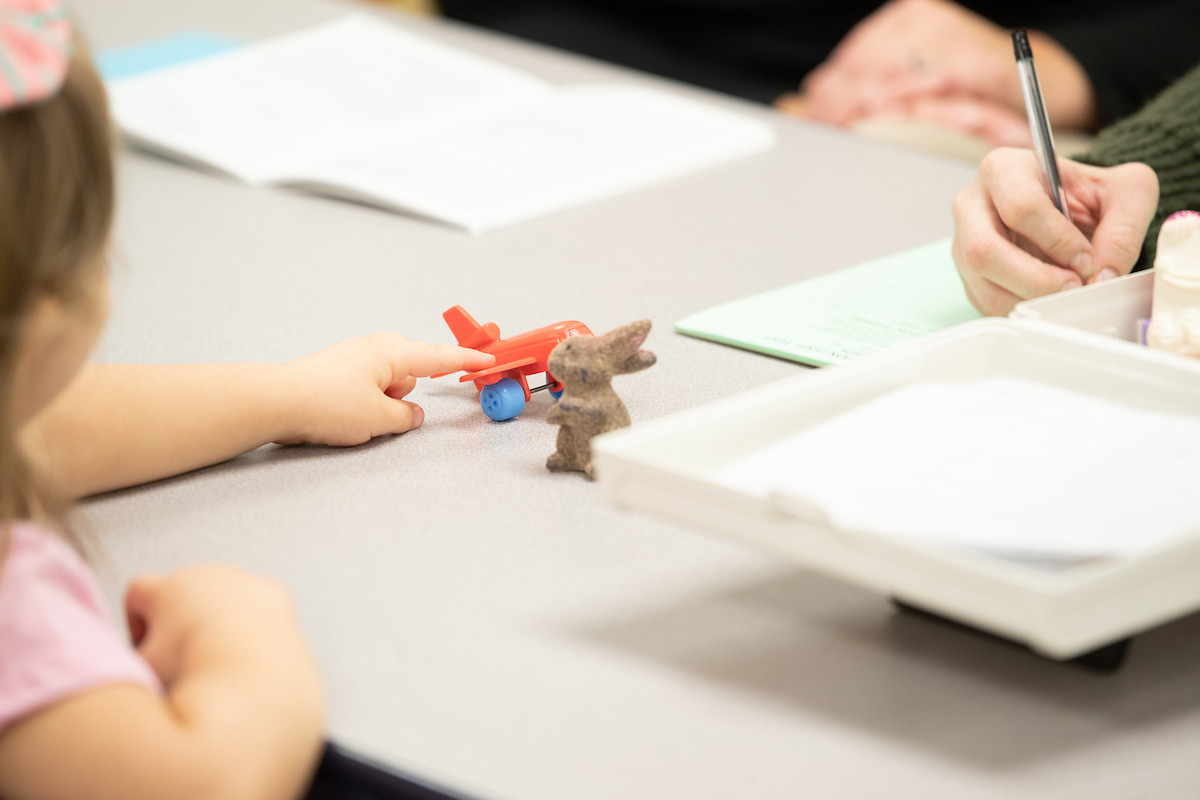To understand the human experience, one of the most important things is for children to learn to identify emotions – what they feel, why they feel that way and how to validate and regulate the emotions.
It’s a big job, and every person a child comes into contact with plays a role.
Dr. Elizabeth King teaches in the College of Education at Missouri State University and researches the language preschool teachers use that either validate or dismiss emotions.
King points out that not learning to properly express emotions – or worse yet, having those emotions dismissed – has ramifications for relationships throughout the life cycle.
“When we’re thinking about how we talk about emotions, I always tie it to what we think we know and what we expect and what we want to socialize in girls and boys,” she said. “It’s tied to all of these broader narratives that we’ve heard, like, ‘Well, boys will be boys,’ or ‘Big boys don’t cry.'”
This emotional competency starts early. Much of her research has been with toddlers, all in the range of 1-3 years old.
What if we don’t
King points out that not learning to properly express emotions – or worse yet, having those emotions dismissed – has ramifications for relationships throughout the life cycle.
“Let’s say at the end of a long day of work, you come home and you’re talking to your partner. You’re going through the trials and tribulations of your day, and your partner says, ‘Let’s chill out.’ What do you do as an adult? Either you might explode or you might internalize that feeling and think to yourself, ‘He doesn’t want to hear this. I’m going to stop expressing this.'”
The study revealed that in addition to the dismissiveness of emotions in boys, the teachers also were more responsive to the positivity in young girls. Teachers also talked to girls more frequently about emotions. King, as a teacher of future teachers, is working to change this.
She asks her students to reflect on why a child’s emotions make them feel or react a specific way. She also works with them to validate all emotions the students present.
Expanding the scope
Now she’s expanding the study to incorporate another layer – race.
“I’m adding a racial identity component because research has found that adults more often incorrectly rates Black children’s emotions as anger, even when they’re not angry. It has implications for how adults respond to those emotions,” she said, “which then even has implications for heightened disciplinary action for Black children.”

